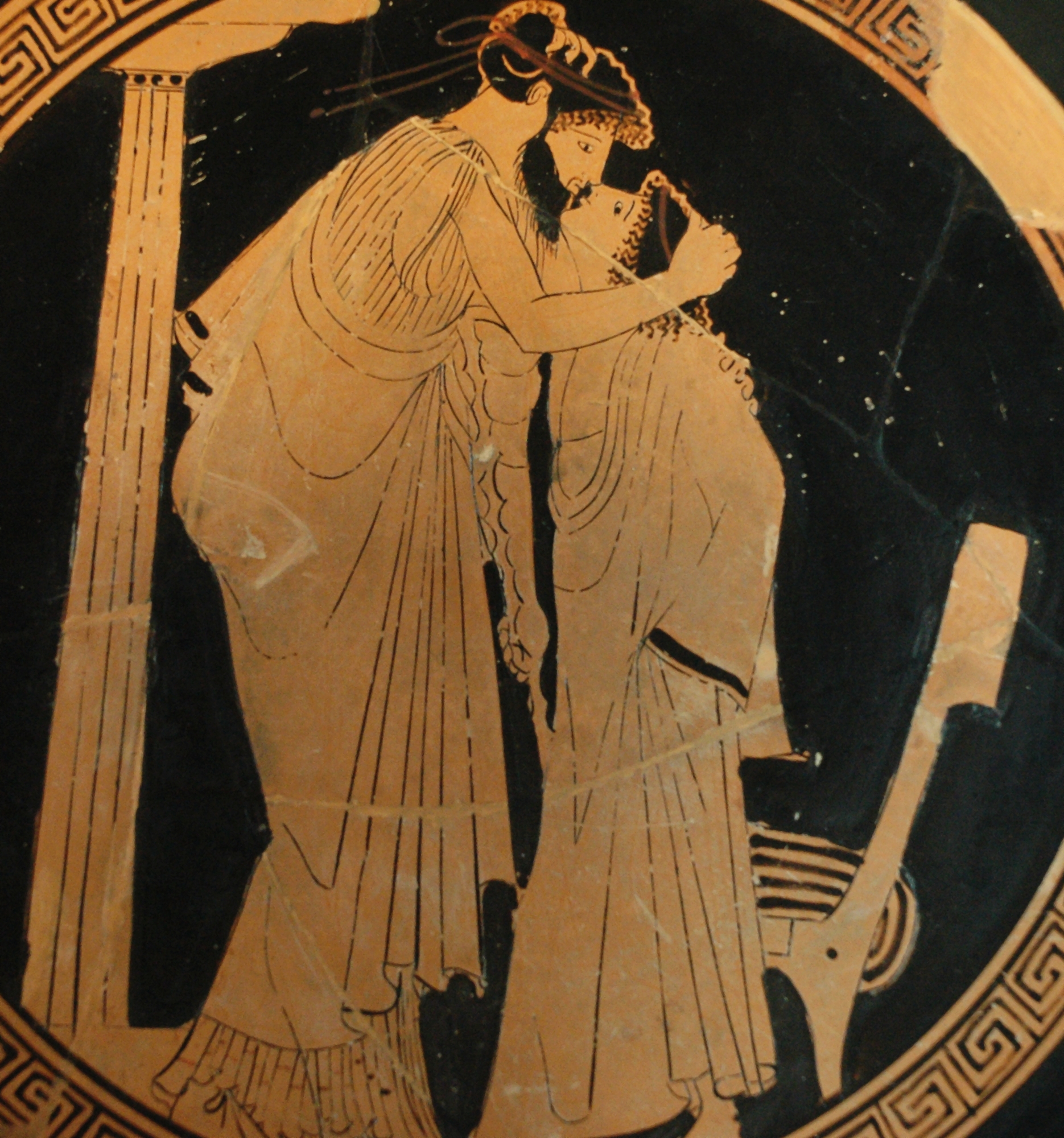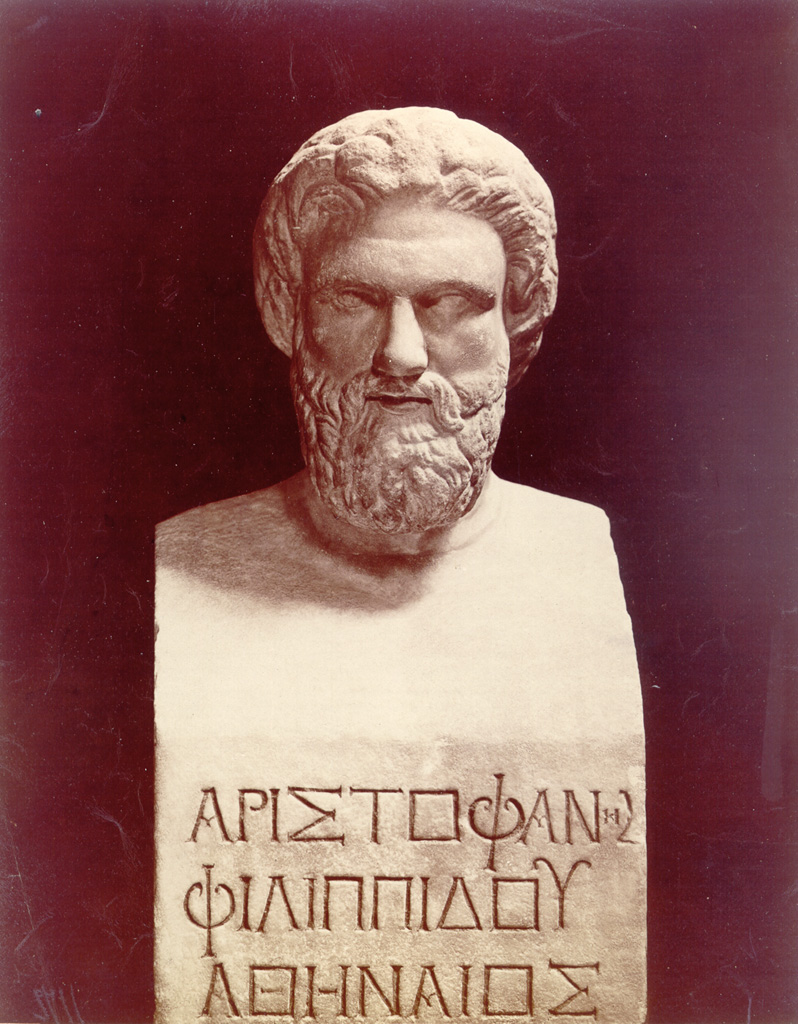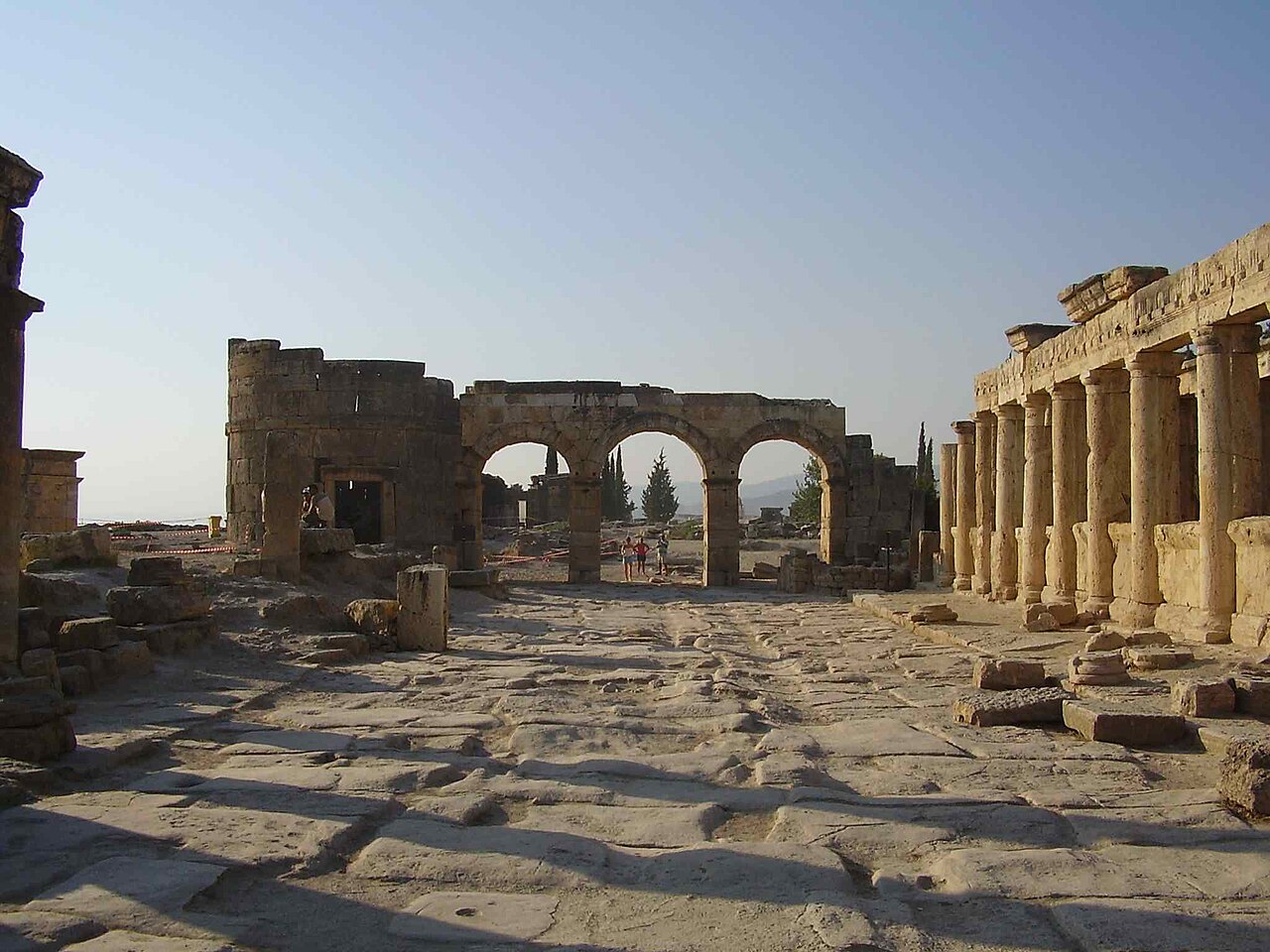Here are some techniques if you’re worried about where you are dining next week
Martial 9.35
“You will always earn a dinner with these skills, Philomusus:
Fabricate many tales, but relay them as if they are true.
You know what Pacorus is considering in his Arsacian abode;
You count the number of Rhenish and Sarmatian men,
You reveal the words consigned to paper by the Dacian chef,
And you see the victor’s crown before it arrives.
You know how many times Pharian rain dampens dark Syene
And the number of ships departing from Lybian shores
For whose head Julian olives are harvested,
And for whom the heavenly father has promised his wreaths.
Forget your skill! You will dine with me today
Under one rule: Philomusus, tell me nothing of the news.”
Artibus his semper cenam, Philomuse, mereris,
plurima dum fingis, sed quasi vera refers.
scis quid in Arsacia Pacorus deliberet aula,
Rhenanam numeras Sarmaticamque manum,
verba ducis Daci chartis mandata resignas, 5
victricem laurum quam venit ante vides,
scis quotiens Phario madeat Iove fusca Syene,
scis quota de Libyco litore puppis eat,
cuius Iuleae capiti nascantur olivae,
destinet aetherius cui sua serta pater. 10
Tolle tuas artes; hodie cenabis apud me
hac lege, ut narres nil, Philomuse, novi.









